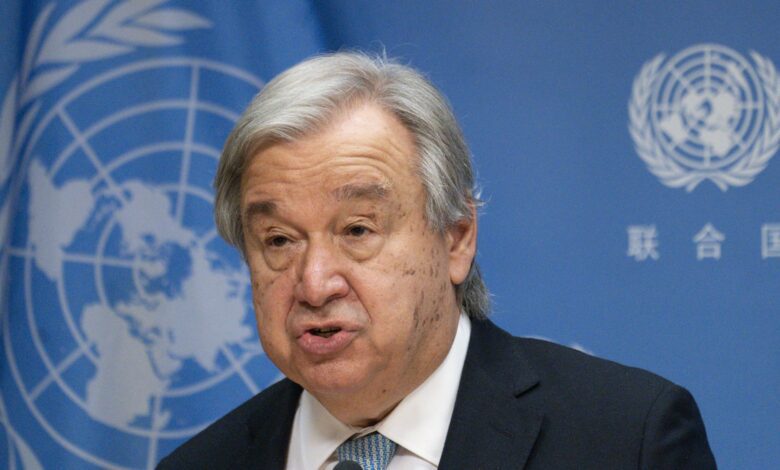Guterres proposes reducing the number of UN meetings and reports that are barely read

UN Secretary-General Antonio Guterres has proposed radical changes in the work of the United Nations in order to increase its effectiveness and reduce costs. The basis for this was a report prepared as part of the UN80 initiative, which Guterres launched in the spring of 2025. The agency informs about the contents of the report Reuters.
The main problem identified by the working group is oversaturation of the system with meetings and reports, which in practice turn out to be almost unnecessary. As the UN Secretary General reported, last year the Organization supported more than 27,000 meetings with the participation of 240 bodies, and the secretariat prepared 1,100 reports. This is 20% more than in 1990.
“The very volume of meetings and reports brings the system and all of us to a critical limit. Many of these reports are practically unreadable.” Guterres emphasized.
He gave examples: only 5% of the most popular reports are downloaded more than 5,500 times, while one in five reports are downloaded less than 1,000 times. And even these downloads do not mean that the document has been read.
Against this background, the Secretary General proposed to significantly reduce the number of meetings and reports, focusing only on key materials that exactly correspond to the mandates of UN bodies and have real meaning. According to his vision, the institution should get rid of formalism and excessive bureaucracy, which inhibits its activities.
The UN80 initiative was launched in March 2025 as part of a major reform to mark the 80th anniversary of the United Nations. Its purpose is to make the system more flexible, less expensive and able to respond to modern challenges. For the seventh consecutive year, the UN is facing a “liquidity crisis” because not all 193 member states are paying their contributions in full or on time.
At the same time, Guterres is not the first to emphasize the need for systemic changes, including the reform of the UN Security Council. According to him, the current multilateral mechanisms created after the Second World War no longer meet the political, economic, environmental and technological challenges of the 21st century. He called for the creation of new tools capable of effectively deterring aggressors and protecting the international order.





